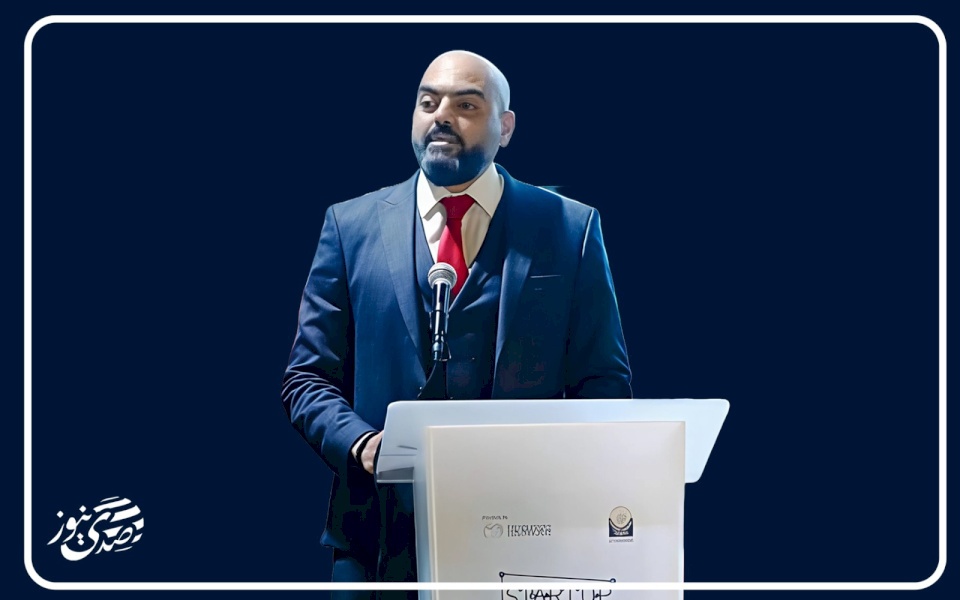
The World is Moving... So When Will We Rise?
French President Emmanuel Macron's statement regarding his country's intention to recognize the Palestinian state at the United Nations General Assembly next September was not merely a fleeting diplomatic remark or a symbolic step added to the long list of rhetorical positions that Palestinians have heard from capitals of international decision-making. It represents a significant shift, in its timing and implications, and in the doors and opportunities it opens alongside the obligations and responsibilities it imposes on the Palestinian leadership.
France, as a permanent member of the Security Council and a crucial European power, did not arrive at its decision suddenly. This shift is the result of a long, cumulative political process, governed by a delicate balance between strategic interests and a growing internal sentiment within French society, among both the public and elites, of disgust at the crimes committed by Israel in Gaza and the West Bank. Paris, like others, has remained silent for a long time about the brutality of the occupation, but has reached an ethical and political breaking point where silence is no longer possible.
The French shift cannot be separated from a broader context. It follows official recognitions from Ireland, Spain, and Norway, which are European steps that now represent a "critical mass" within the old continent, challenging the American-Israeli dominance over international decision-making regarding Palestine. Notably, this shift is not only coming from the "margins" of Europe, but has begun to reach the core, to a country like France that Israel has long attempted to neutralize and contain.
This decision has caused real panic within the Israeli establishment, evidenced by the direct threats that have come from Tel Aviv against Paris, including a reduction in intelligence cooperation, the suspension of joint regional projects, and even threats of annexing new lands in the West Bank as a retaliatory response. All of this indicates that Israel understands that France's recognition is not merely a symbolic step, but a political bomb that could explode the "unwritten international consensus" on the indefinite freeze of recognition of the Palestinian state.
Here, we must pause to consider the essential question: What comes next? How should the Palestinian leadership respond to this shift? Are we facing a historic opportunity to extract strategic gains, or will we once again settle for mere media celebration?
International recognitions, no matter how significant, cannot replace the national liberation project; rather, they must be leveraged to serve it. To make this happen, decisive internal Palestinian transformations are necessary, the first of which is to end the political division that has weakened every position and eroded the Palestinian people's trust in the seriousness of their leadership. It is shameful to see new windows opening for us in the international community while we close doors to reconciliation among ourselves.
Secondly, it is time to redefine the Palestinian national project as a national liberation project supported by international law, rather than as an administrative authority under occupation. We must move from a victim narrative to an active agent narrative, from political pleading to imposing legal and diplomatic presence in international forums. We now possess official recognitions, observer status at the United Nations, and legal tools such as the International Criminal Court, so what are we waiting for to activate them boldly and purposefully?
Thirdly, we should expand our political and diplomatic engagement tools to include global public opinion, not just governments. The haunting images coming from Gaza of the bodies of children and the remains of women have revived European memories burdened by the shame of genocide and cleansing. Here lies a strategic treasure that has yet to be utilized: the global humanitarian conscience.
Macron's opportunity may not come again. If we are unable to transform this moment into a lever towards real independence, the responsibility does not fall solely on the world; it first rests on us as leadership, elites, and society. International recognitions are not the end of the road but its beginning. However, the road only opens for those with the will, vision, and ability to turn the moment into a path, and the decision into a destiny.

Huckabee's Statements Reveal the Falsehood of Trump's Peace and Reinforce Religious Confli...

Licensed Occupation by Law

Whoever Does Not Plant Hope, Plants Departure...

Between "Here is Jerusalem" and "Here is Gaza" ... The Voice of a Nation and the Steadfast...

While some count the boos, Palestinians count their martyrs.. Paradoxes of the internation...

When the Palestinian Issue is Reduced to Gaza Management

Legally Licensed Occupation

